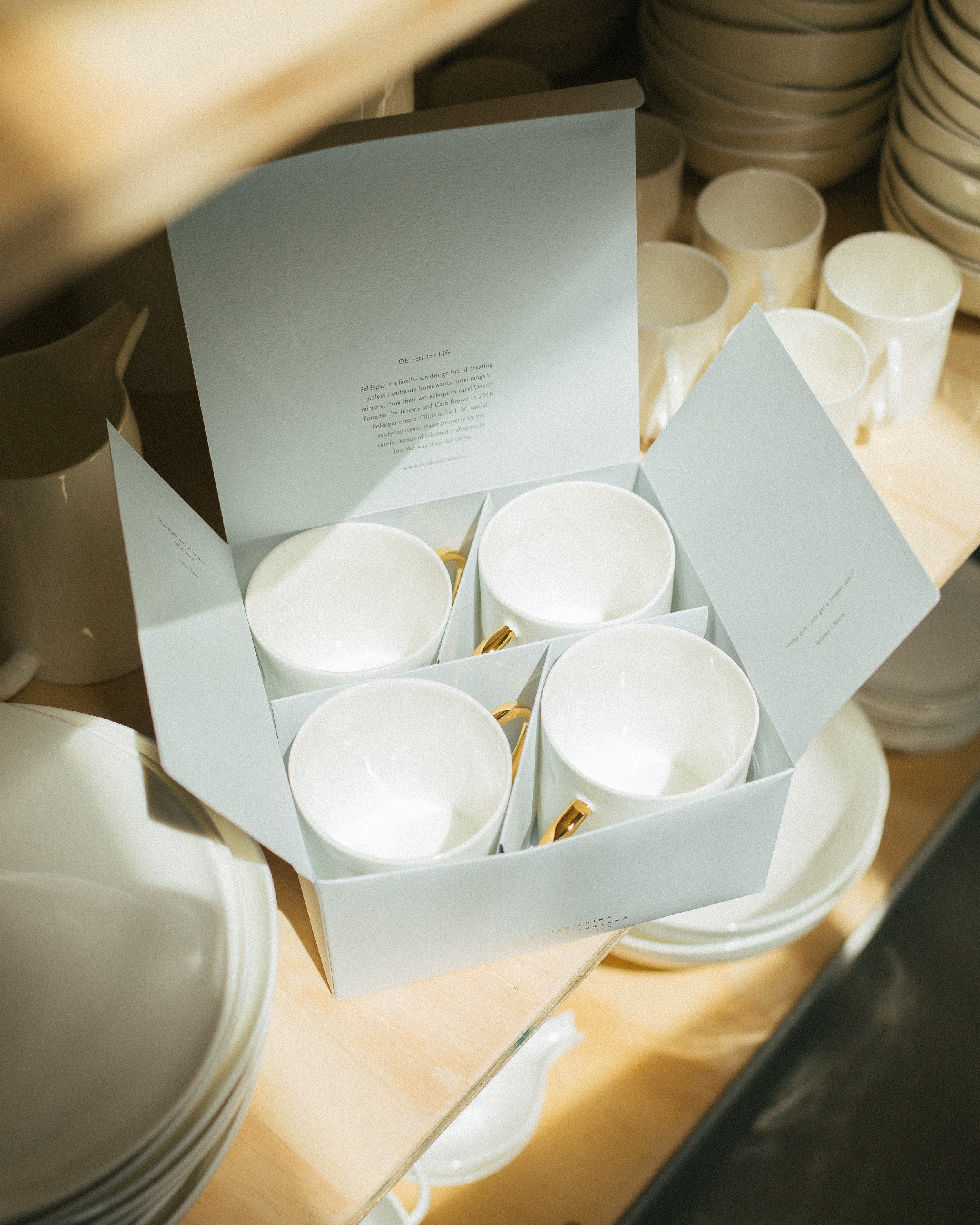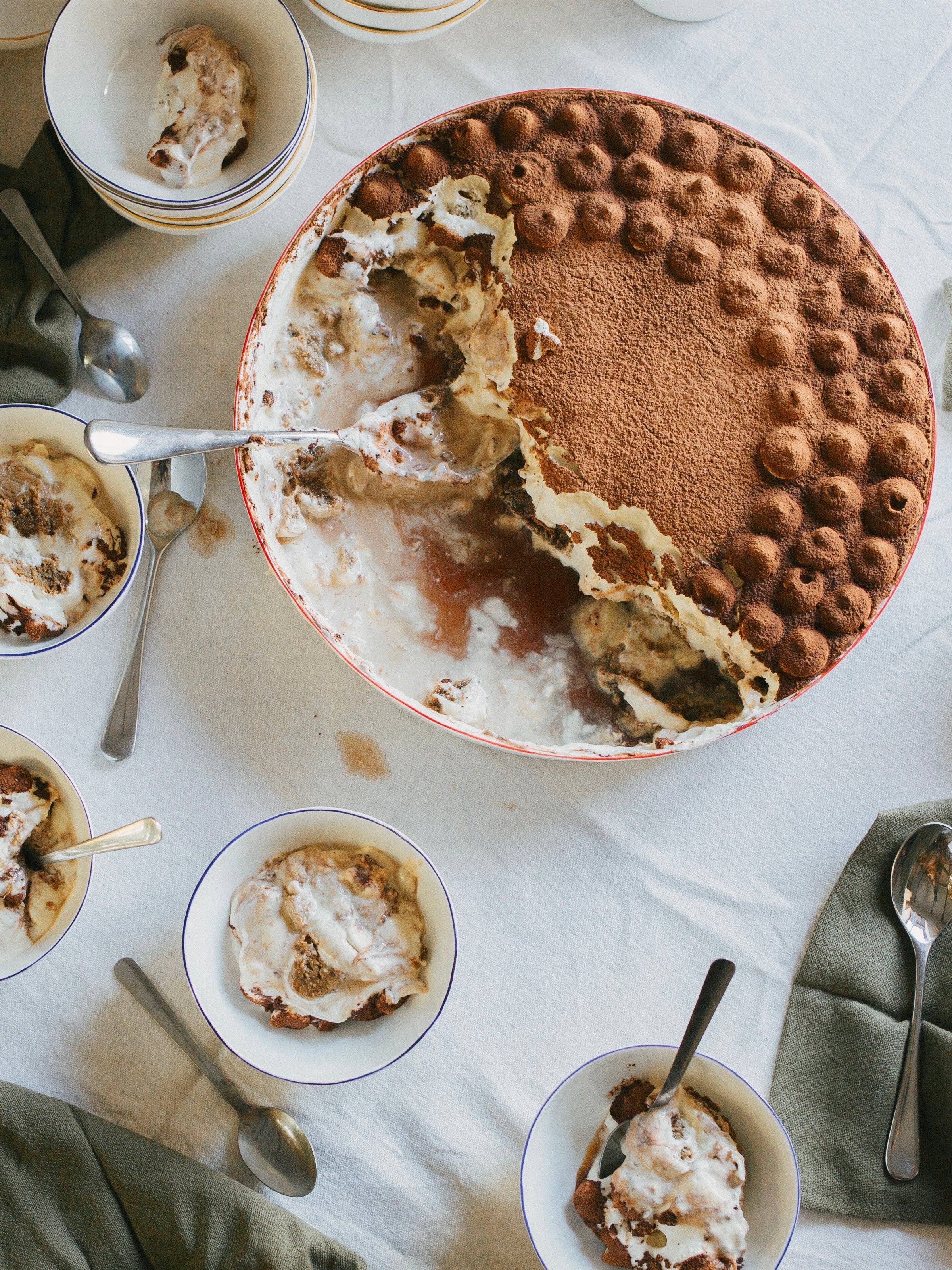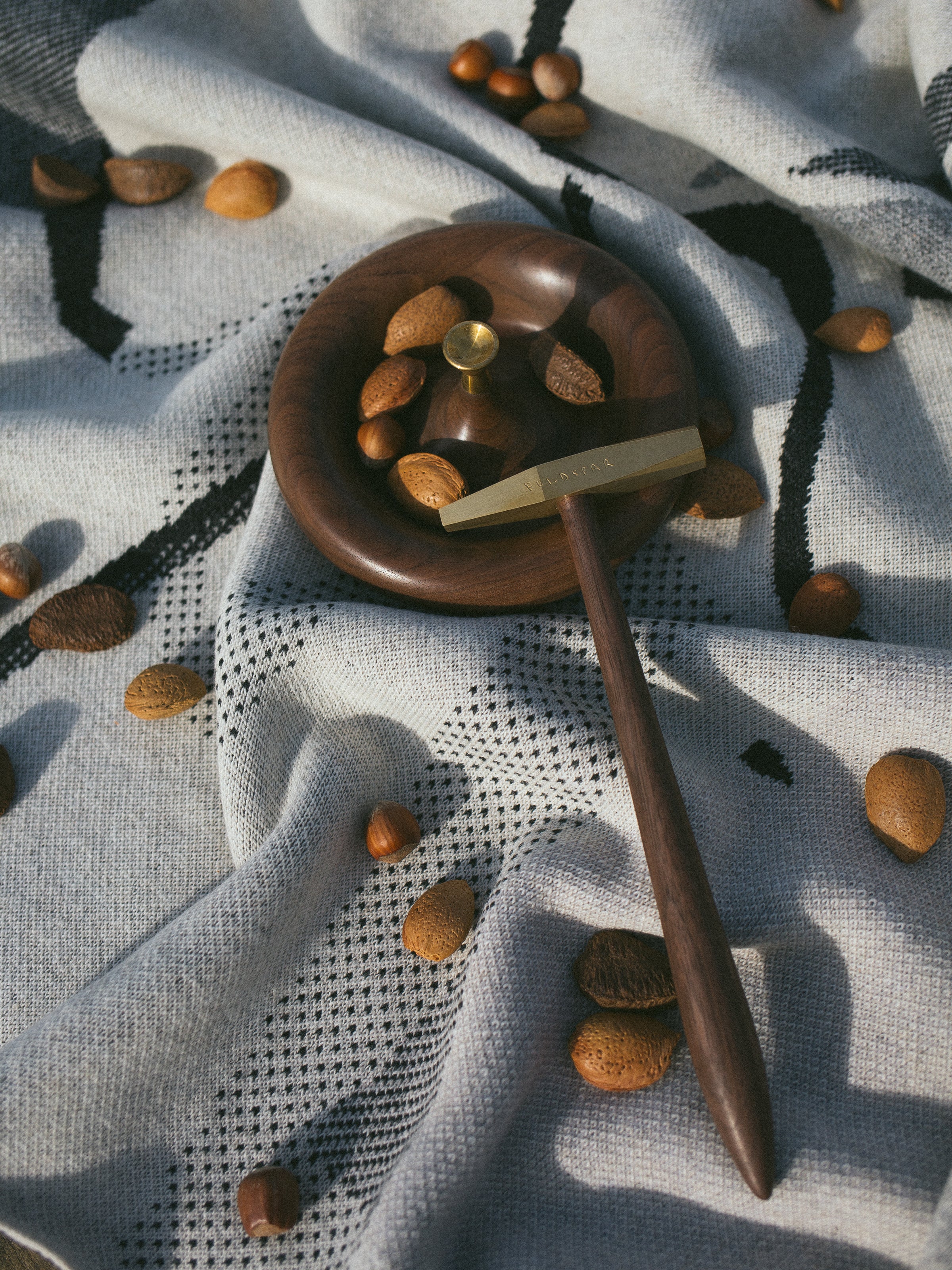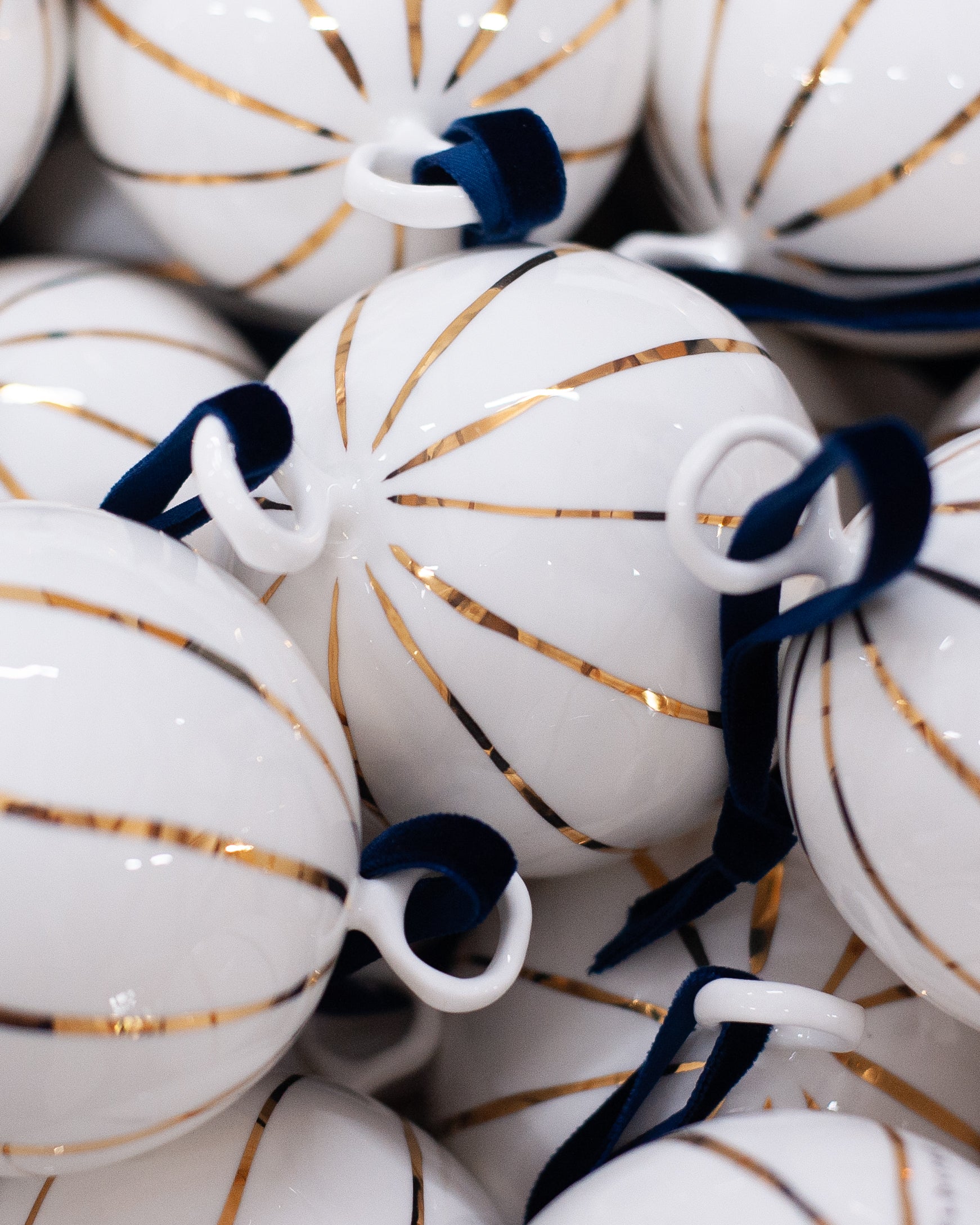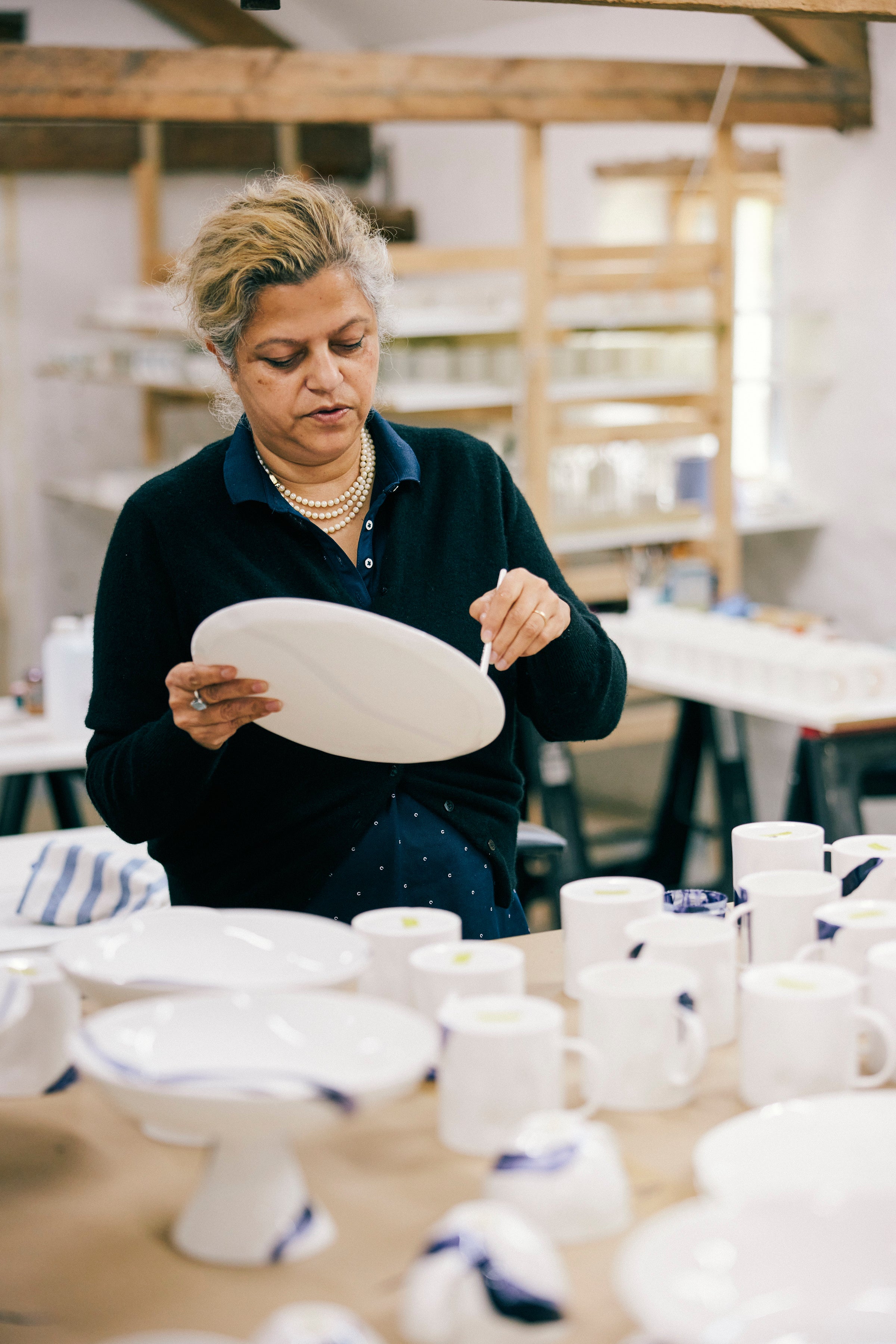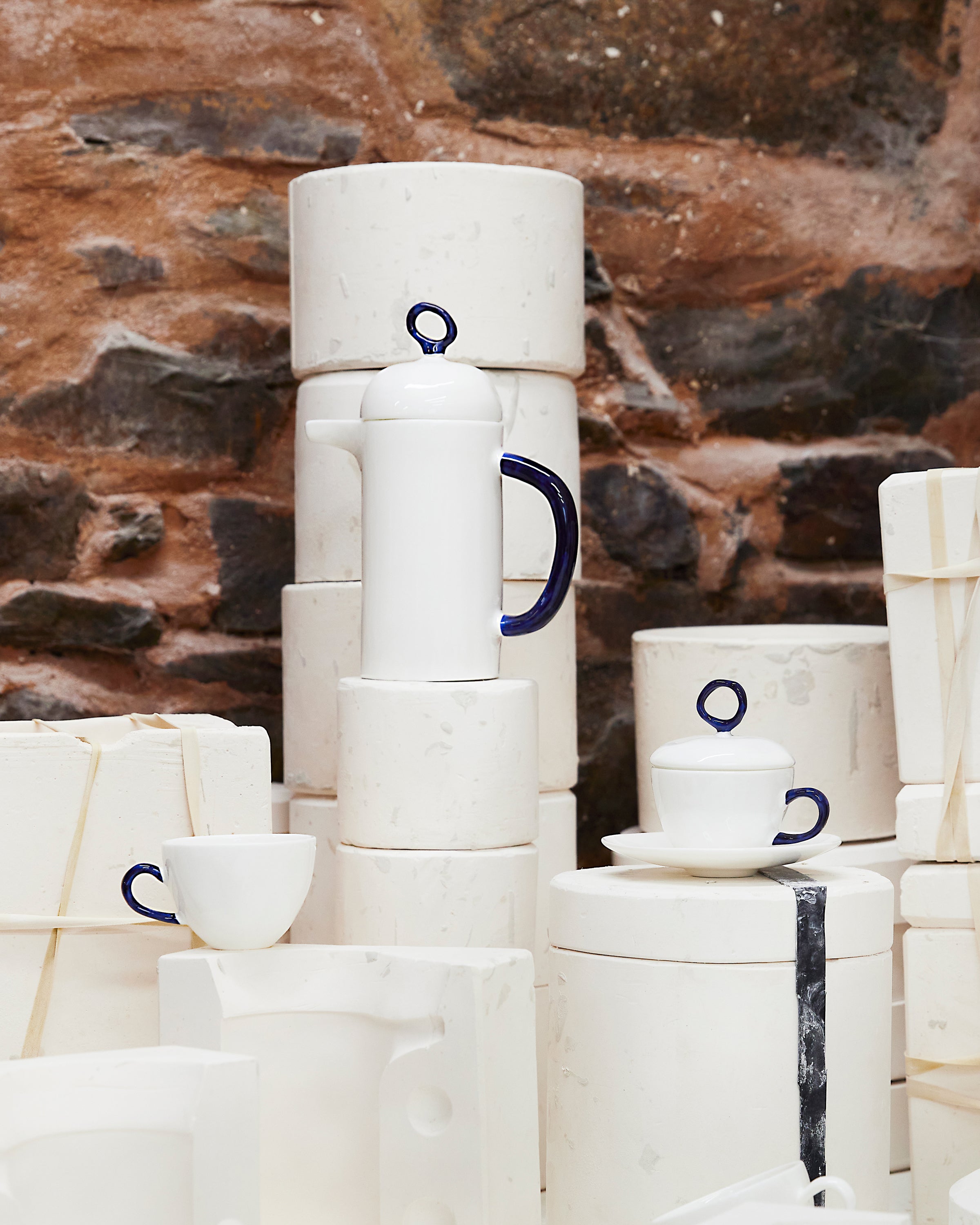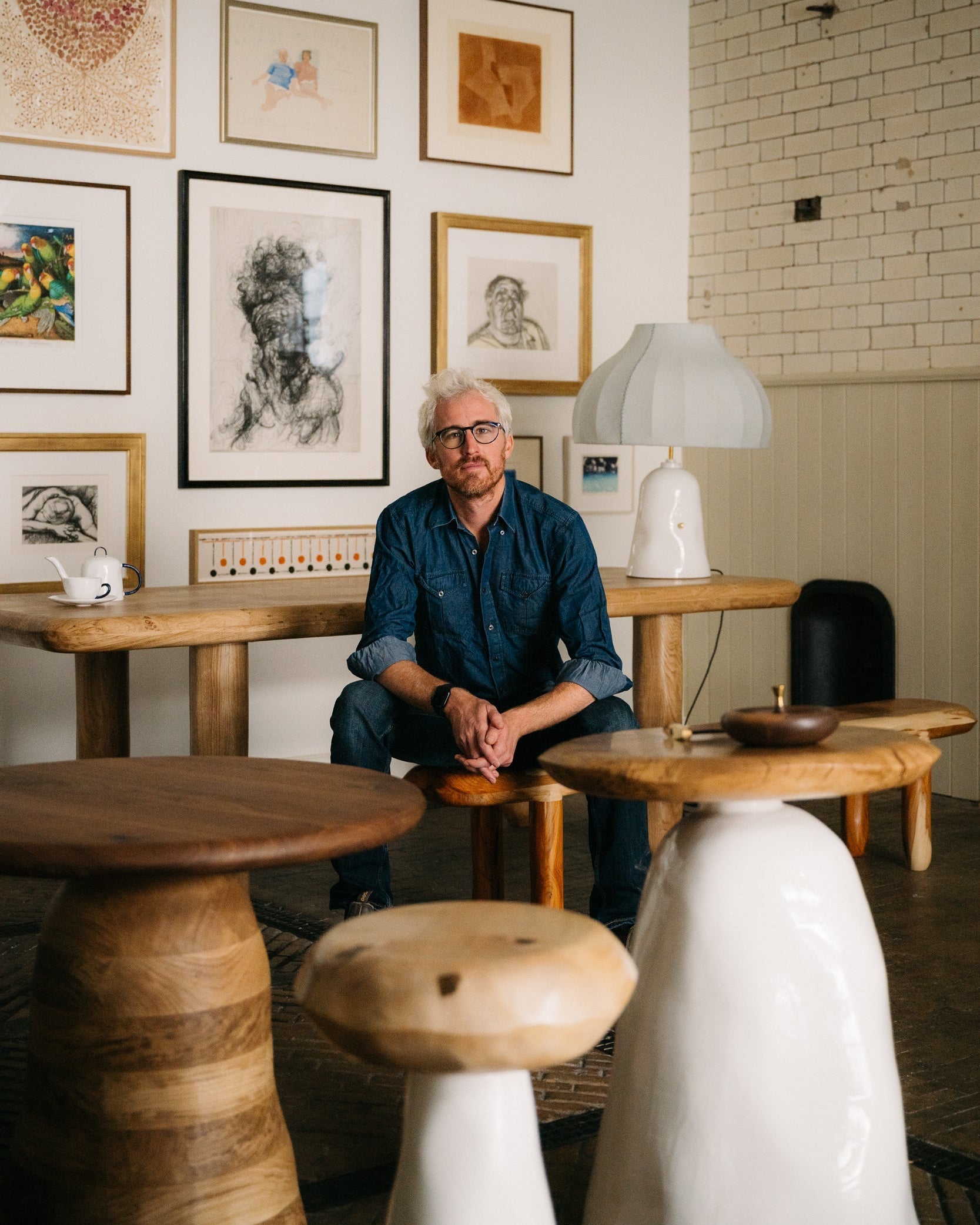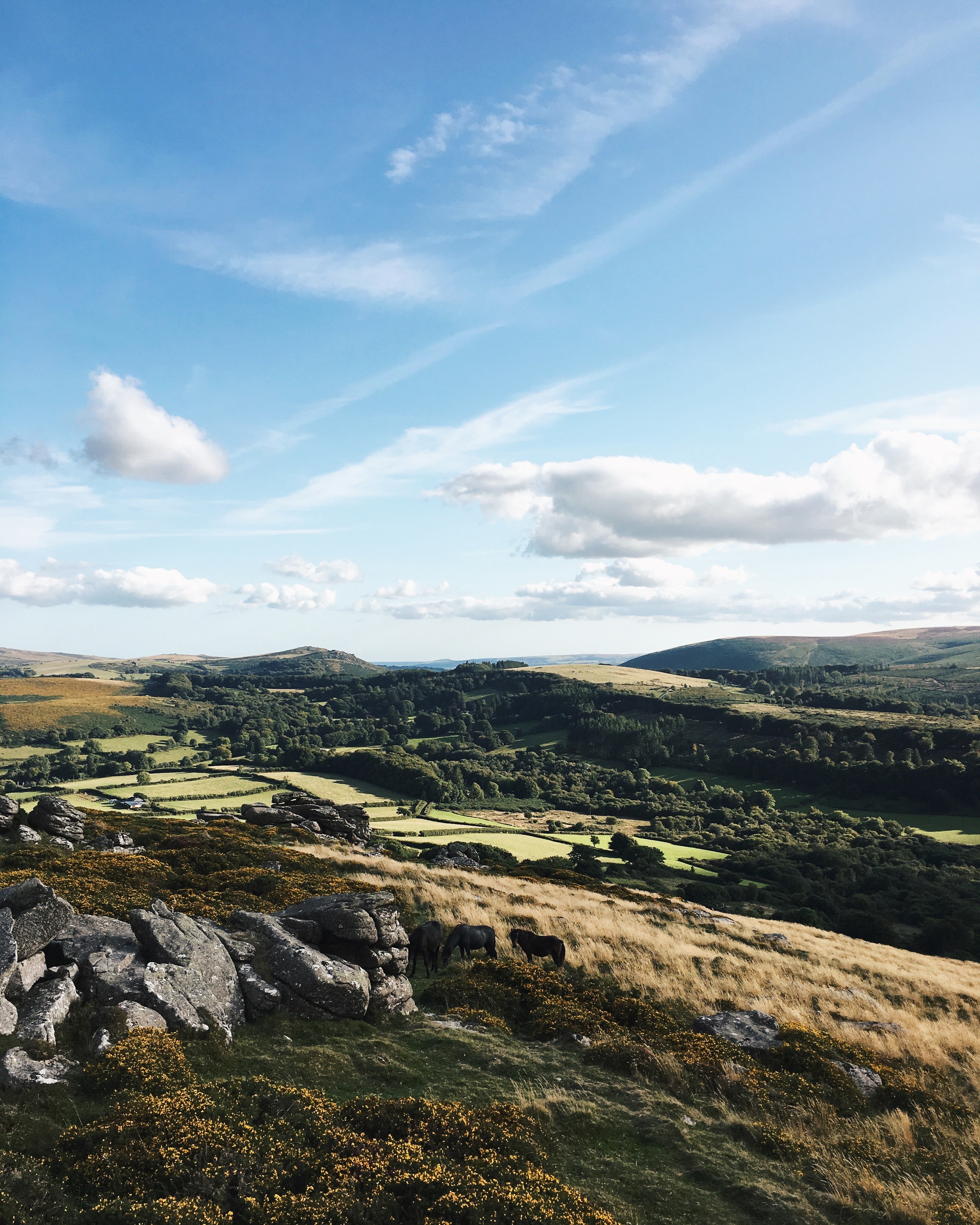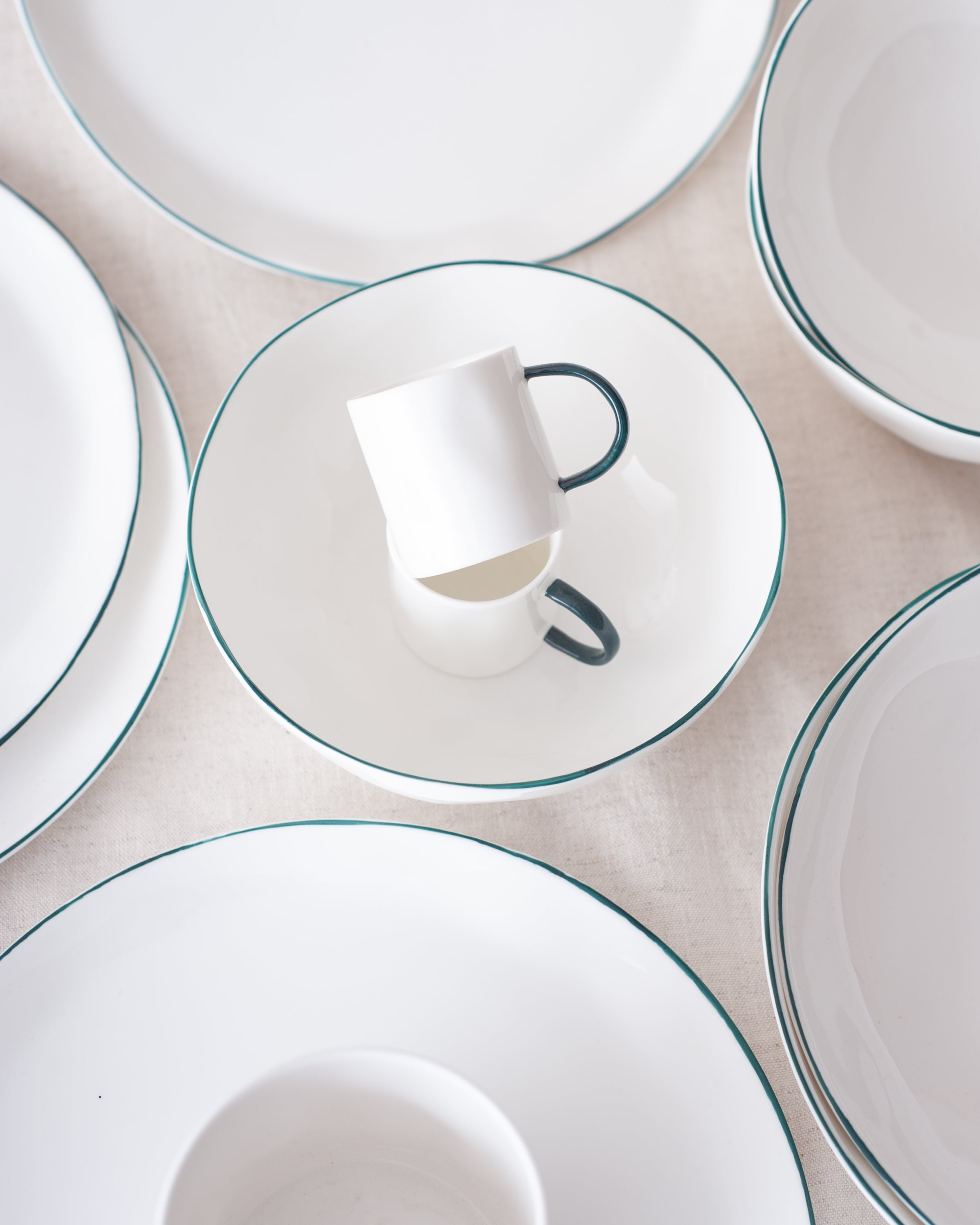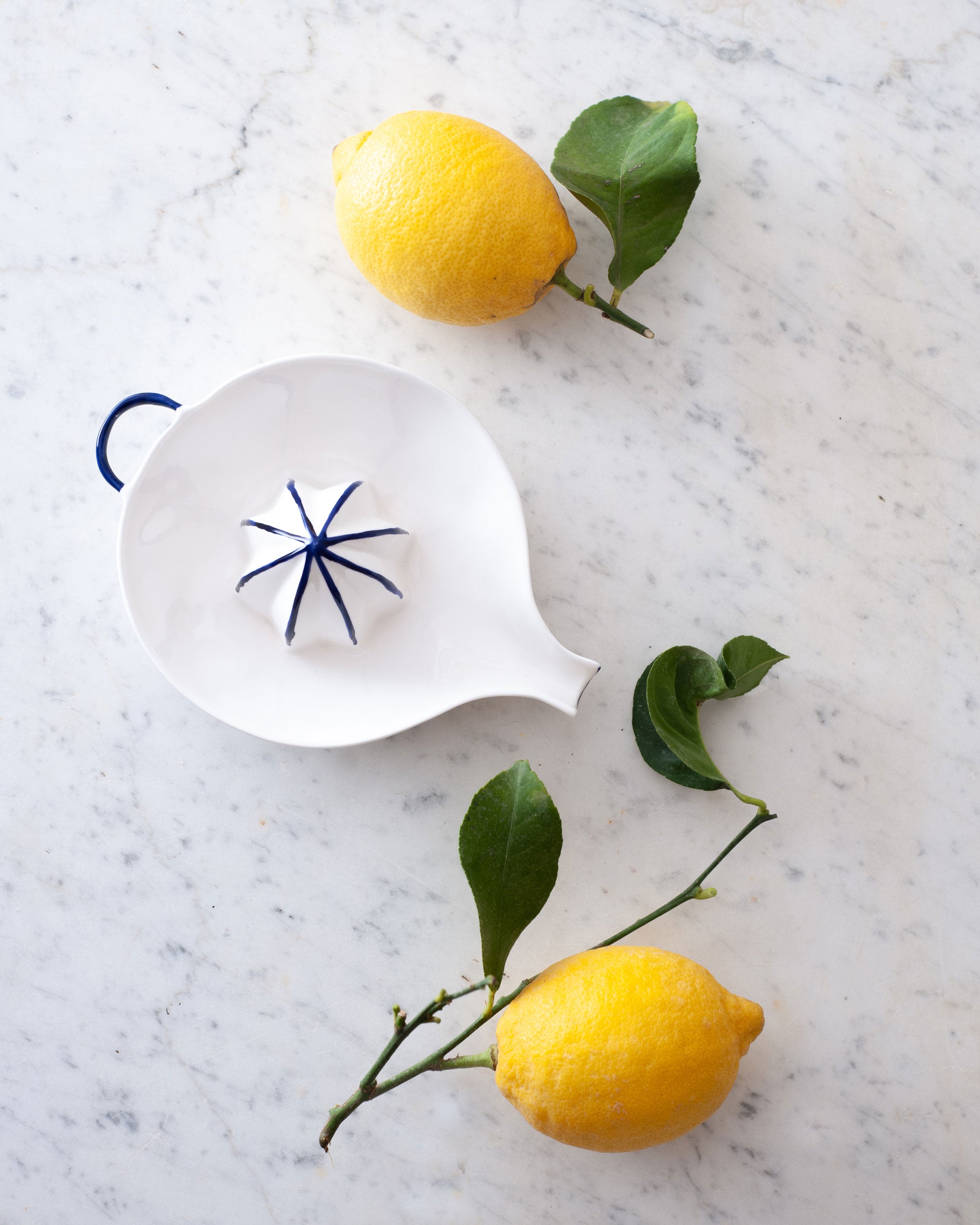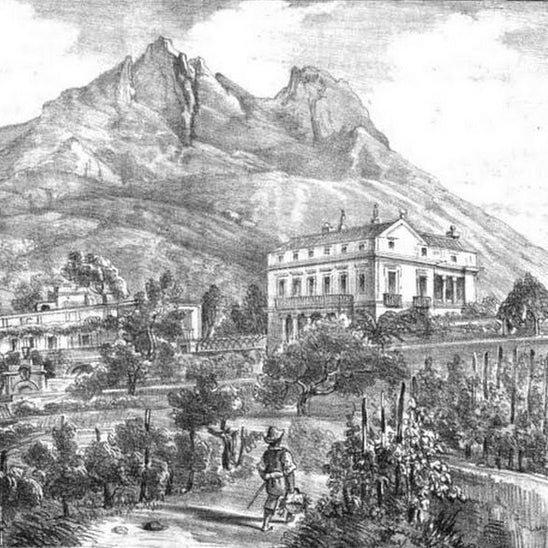
My Great Great Grandpa Wrote a Cookbook
In 1873 my Great-Great-Grandpa wrote a cookbook called ‘Round the Table’. I only found out earlier this year, and since discovering my culinary-minded ancestor ('The G.C.’ to his readers, Victor de Rivaz to everyone else) I’ve been fascinated by him. When I first picked up his book I expected some pretty questionable fare - Victorian cookery doesn’t have a great reputation (meat jellies and the like) - so I wasn’t too hopeful of finding anything I’d like to cook in there. But his book is like an antidote to stuffy Victorian fare - his prolific use of parmesan as a seasoning alone is something that I'm all onboard with. And although his notes on garnishing (‘a hot dish garnished with raw sprigs of parsley is ridiculous’) seem to have been studiously ignored by most UK gastro-pub chefs since, so much of what he writes seems to be common culinary sense for nowadays - pasta features heavily - his recipes are surprisingly modern, unstuffy, and resolutely un-Victorian.
But perhaps this isn’t so surprising - Victor was, after all, Italian. Born and brought up on the island of Ischia, just outside of Naples, his father Jaques Etienne was Swiss, trained to be a doctor in Paris, took up the post of doctor to the King of Naples, and then founded a thermal spa on the island of Ischia (pictured below). I’ve never been to Ischia, but from what I can glean from photos it seems to be a kind of Italian paradise island where everything looks very Slim Aarons. Jaques Etienne received all the medals going for his work fighting a cholera epidemic in Naples - he reportedly once got into the bed of a dying man to show that cholera was not contagious as people were dying from fright - so when his son Victor decided to publicly speak out against the tyranny of the King of Naples, he was spared prison but ordered to leave immediately, never to return.

Which is what he did, ending up in London in 1852 aged 19, lodging in some rooms in Bayswater that he could occasionally afford to pay for. I can only imagine how he felt landing all alone in a strange land, but one thing is for certain - he was so appalled by the food here, that he taught himself to cook. He began writing a cookery column in the ‘Queen’ magazine, and thereafter published two cookery books - ‘Round the Table’ in 1873 and a collection of his cookery columns ‘Practical Dinners’ in 1887. He also had seven children, one of whom was my Great Grandpa Frank who moved to Montana to become a cowboy, but that's a story for another day...
Victor’s first cookbook 'Round the Table’ is great. Written not as individual recipes but more musings on how to cook and how to eat, laying down meticulous instructions for how to have a dinner party (maximum ten people but ideally less), how to make stock, chop vegetables correctly, truss chickens. How to make salads and what to dress them with, methods for mayonnaise, tartar sauce, flavoured vinegars. Even how to make a dandelion salad. An entire chapter on eggs, with some low blows for the English cooks of the period who ‘can only boil or poach eggs, and what they call an omelet is a cross between a pancake and a piece of leather’ and another on pasta, in which he details 47 different types, to no doubt try to enlighten his readers who at the time just called it all ‘macaroni’. All interspersed with a lot of quite cutting references to the ineptitude of the English cook, and top tips on technique - there are two entire pages devoted to the aforementioned omelet cookery, followed by 14 omelet recipes.
Most ingredients are recognisable, but some are a mystery - Patna rice I had to google, and Aspic, which I won’t be exploring any time soon. My aim is to cook a recipe from the book monthly, which I'll share on our website. First up, I wanted to make something I’d never heard of - to jump in at the deep end of anglo-Italian-Victorian cookery. But also at the desert end. 'Oeufs à la Neige' seemed to fit the bill, especially seeing as he douses them with actual hundreds and thousands afterwards - which was a surprise, I’d no idea they even existed back then. The desert is basically Île Flottante, so spongy meringue types in custard (ideal), although never having made that I’m not entirely sure the method is the same. But here it is, the first of my forays into my Great-Great-Grandpa’s cookbook…


